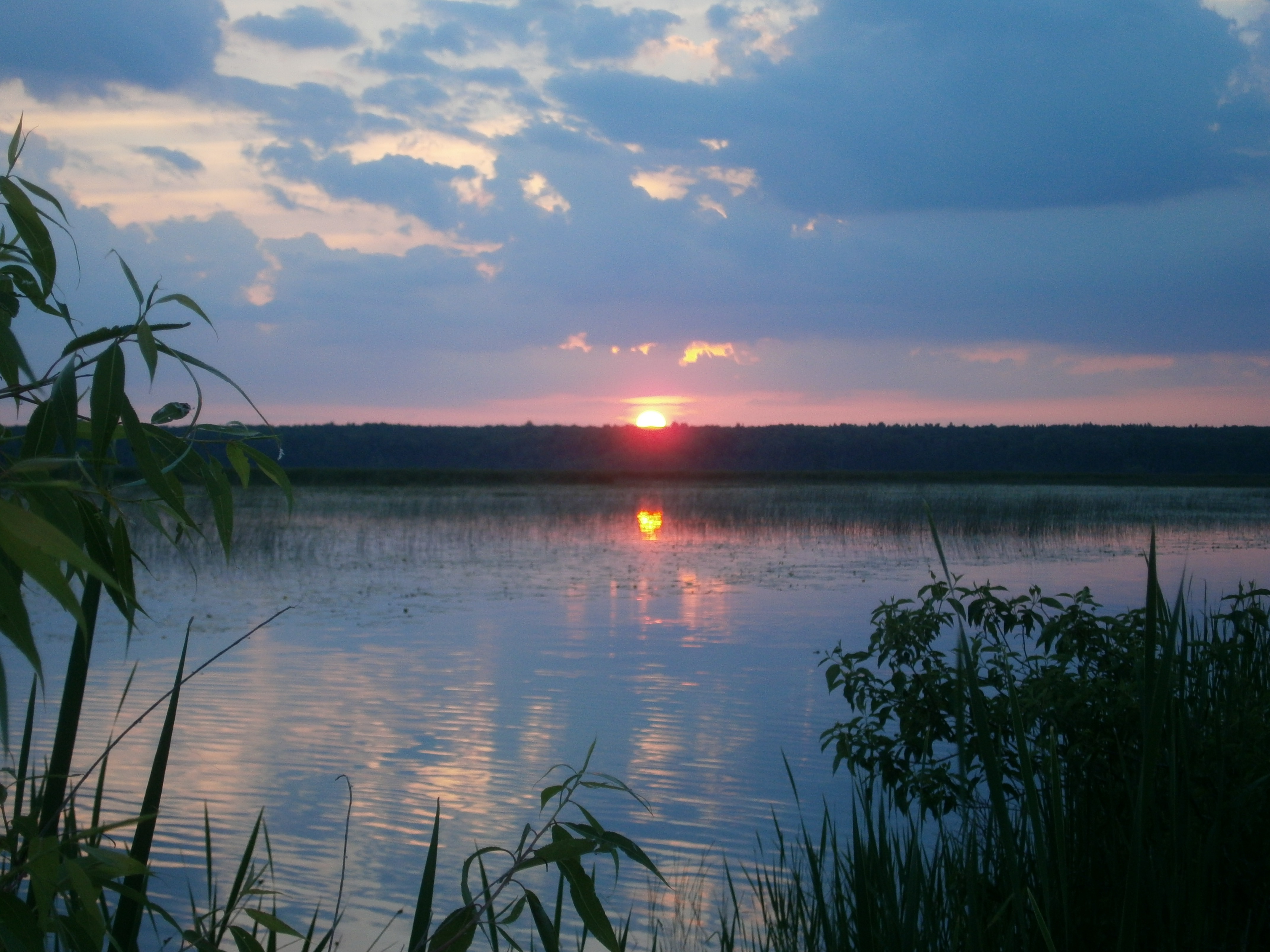Ontario’s wetland strategy fraught with risks

By Barry G. Warner Waterloo Region Record
In early August, the Ontario government issued a draft for a new wetland conservation strategy for the province. It contains many positive elements, not the least of which is the government’s ongoing recognition of the exceptional value of wetlands and the commitment to reverse the loss of them and protect what is left.
However, they are proposing to introduce the concept of wetland offsetting.
This is opening the door to a host of new, expensive and unnecessary challenges that were considered and rejected more than 30 years ago when our first provincial wetland policy was being developed.
It must be rejected again. Anything less is a serious step backwards that will achieve little.
Ontario’s early wetland policy was ahead of its time.
We realized from the review of other wetland conservation approaches back then that a policy of “no net loss of wetland function” was far superior. Wetland function gave us a policy that was all-encompassing in capturing the diversity of types and recognizing the interdependence and dynamism of processes that characterize and sustain wetland ecosystems.
We deliberately incorporated the concept of “wetland function” to avoid the less effective “no net loss of wetland” approach used in the United States.
The U.S. approach was complicated, expensive and horrendously litigious with results mixed at best. It was simply not good enough for Ontario.
Ontario was admired for bringing functional approaches into policy. We were applauded for showing foresight, creativity, boldness and for developing an innovative made-in-Ontario policy.
Ontario was also admired because we were in the first country to adopt, around the same time, a policy for wetland conservation on a national scale.
Wetland offsetting amounts to the U.S. approach of “no net loss.” Embracing it now ignores the work of the past and moves us backwards. Offsetting aligns Ontario with the policies and approaches of the U.S., which were so deliberately rejected many years ago. It will not stop the destruction of natural wetlands.
Why new policies without strict enforcement of existing ones? Wetlands require specialists — and more of them — who truly understand wetlands. Offsetting is not going to conquer the challenges of the extremes of climate.
Although wetland knowledge and the science have grown considerably, there still remain wetlands that simply cannot be offset, no matter how hard we try.
Such wetlands include swamps, bogs and many fens for which experience and science remain unclear or non-existent and for which offsetting can do nothing.
Organizations such as Duck Unlimited (Ontario Region) have advocated for wetland offsetting but such a perspective is narrow and perhaps self-serving.
Ducks Unlimited has been in the business of managing wildlife habitat in marshes and open water wetlands based on decades of experience built up largely through trial and error.
Based on the U.S. experience, consider the following equivalents for an Ontario system in order to effectively implement offsetting:
One. Sound science and standard methodology manuals. Special trainees are required to use a detailed set of Regional Supplements to the U.S. Army Corps of Engineers Wetland Delineation Manual covering the various biogeoclimatic and wetland zones of the country.
Two. Strong oversight by all regulatory agencies, stronger than what currently exists in Ontario.
Three. All scientists, professionals and government contractors dealing with wetlands required to be licensed as a Professional Wetland Scientist (PWS) to ensure necessary qualifications and adherence to an ethical code of conduct. The Society of Wetland Scientists Professional Certification Program, a body of the Council of Engineering & Science Specialty Boards, is the regulatory agency responsible for all practising wetland professionals in the U.S.
Four. Offsetting and mitigation financial management agencies required at the moment and in the future to ensure offsetting obligations are met and when they are not met. Then what?
For more information, read about the Ministry of Natural Resources’ wetland conservation strategy.
Barry G. Warner is a professor of earth and environmental sciences at the University of Waterloo and is past-president of the Society of Wetland Scientists.









Leave a Reply